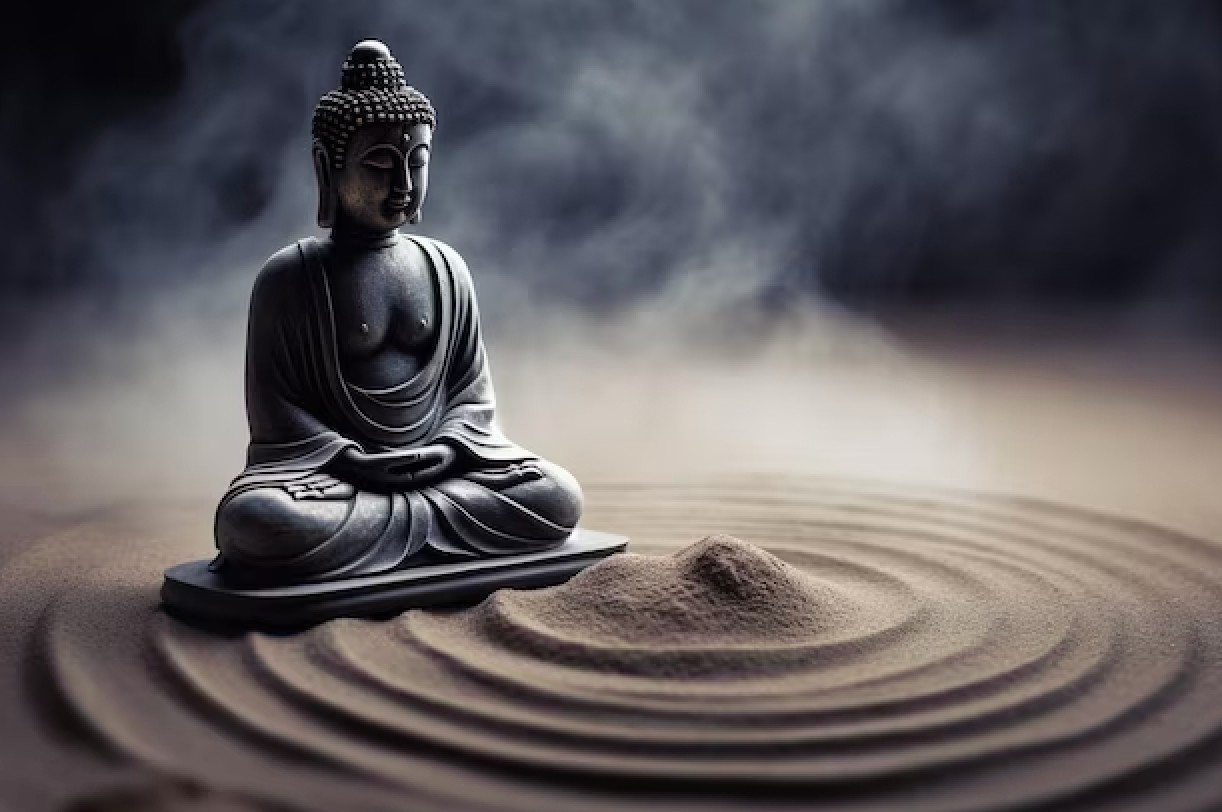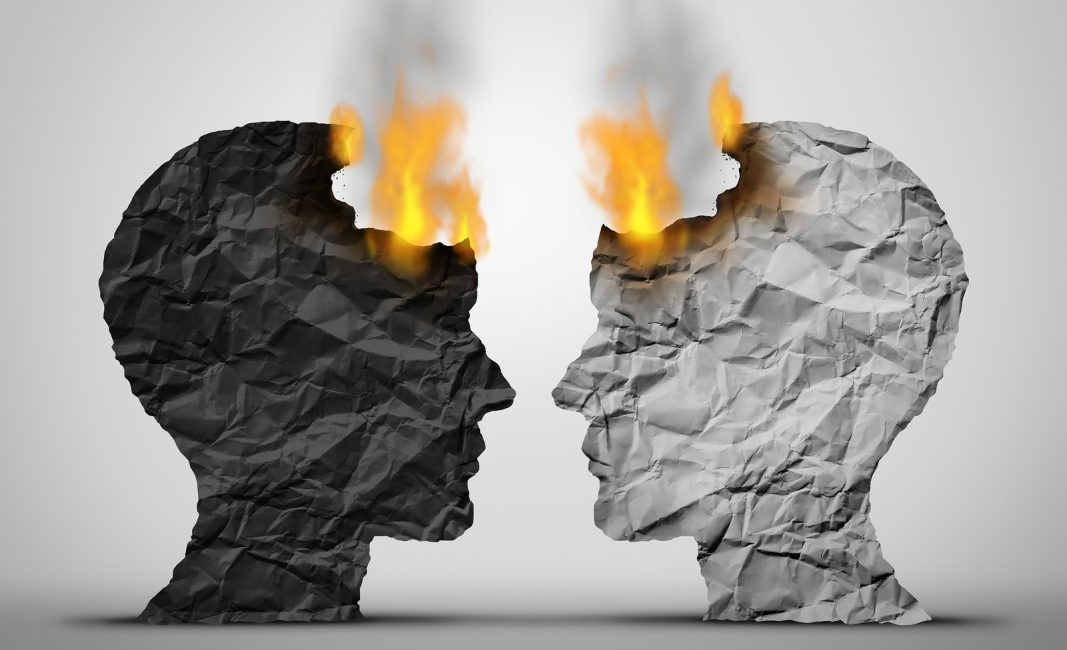By Henry Blanke
Henry Blanke is a Soto Zen Buddhist living in New York City. His writing has appeared in Refuse Journal, Speculative Non-Buddhism, Religious Socialism and the Tattooed Buddha. He walks the city in order to experience it.
There is a consensus opinion among population geneticists that there is no such thing as race. That is to say, that beyond relatively trivial racial characteristics such as skin color and hair texture, there are no meaningful differences between the races. So hypothetically, we could isolate a small group of members of any race and, over generations, they would replicate the variations in all significant human traits and characteristics, including intelligence, physical capacities, personality dispositions, artistic and scientific aptitude and many others. So all human genetic variations appear within a group, but there is little genetic variation between racial groups.
In this country especially, each race is denoted by a single term. And this is used to delimit the manifold varieties of difference in intelligence, aptitudes, capacities, opportunities and life chances to a single channel imposed by white power structures. Think of the considerable range of things mentioned in the previous sentence. Now consider, for example, the similarity in treatment by law enforcement experienced by, say, a dark skinned, middle class African American college professor and a young, light skinned working class Black person who is unemployed and living in a housing project. Both are equally subject to the arbitrary authority of the police and are at risk of violence up to and including murder.
To further complicate matters, ask yourself to imagine the question of whether the life opportunities of a poor white person living in Appalachia coincides more or less with an upper middle class African American who resides in a wealthy suburb.
From what I have written above, and which has been cogently expressed by Critical Race Theory, it is very apparent that race is a socially constructed hierarchical category.

Now, let us consider a person of indeterminate race (race is not relevant at this point of my essay). She may have been born into either a happy, well adjusted family or one difficult and dysfunctional. Her neighborhood may have relatively affluent or one plagued by violence and poverty. Over the course of this person’s life, they have experienced many of the events and milestones, success and failures in the realms of childhood schooling, friendships made and broken, early boyfriends, the travails of adolescence, and maybe the excitement of college life.
During her middle years, our individual, let’s call her Helen, has experienced the vicissitudes of marriage and divorce, parenting, as well as the fluctuations of career. Now in her senior years, she looks back on her life in whole and sees that she has passed through a succession of life stages. But she has always been Helen with her own unique set off personal characteristics, memories and experiences. Or has she?
Psychologist Philip Bromberg has theorized that what we see as our core personality, our essential self, that persists over the course of a lifetime, is in fact, a multiplicity of ever changing “self states” organized around our memories, traumas and experiences. This is now the predominant paradigm of Relational Psychology. But just try explaining this to Helen or almost anyone else living in the Western world and you will meet intractable resistance. It is almost impossible for most of us (unless we are Bodhidharma or David Hume) to understand that the most fundamental assumptions and beliefs about who we are may not be correct. However, in Buddhism the insight that there is no self is axiomatic. The Sanskrit word anatta, literally no-self, is fundamental to 2,500 years of Buddhist teaching and practice.

I am a student in the tradition of Soto Zen and my teacher, Barry Magid, has been a practicing psychiatrist and psychoanalyst for over 40 years, as well as being an authorized Zen teacher for 27 years. This makes him uniquely situated to understand the interface between contemporary Western psychology and Zen Buddhism.
Now let us return to the question of race. Most white people and some African Americans believe that there is such a thing as an essential Blackness, an immutable genetically rooted set of racial characteristics. But remember that this flies in the face of an overwhelming consensus within the scientific community that there is no such thing as race.
Allow me now to bring together the strands of race, personal identity and Buddhism which we have been discussing. Simply put, the idea that there are inherent, essential racial traits and our belief that there is such a thing as a true self are false myths. In the case of the racial issues which have plagued this country for 400 years and up to the present moment and in terms of our views of what constitutes mental health and personal growth, the tools used by Zen Buddhism can be employed to promulgate both racial justice and psychological well-being.
As socially engaged Buddhists, it is incumbent on us to employ a dialectic of identity and change as a weapon in the fight for progress.


